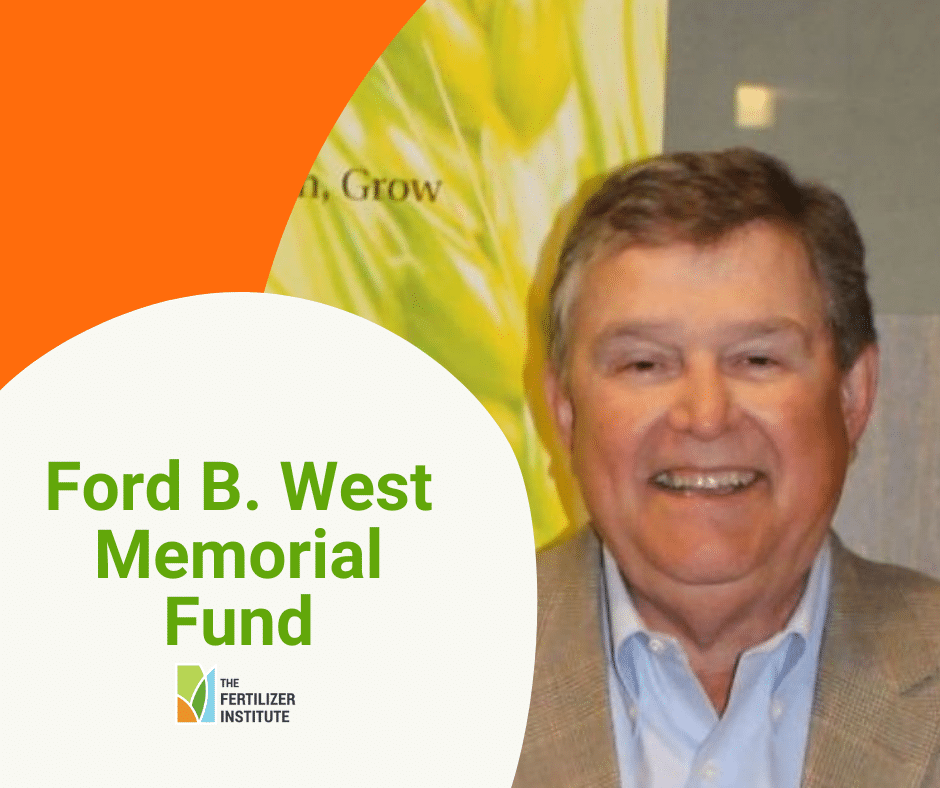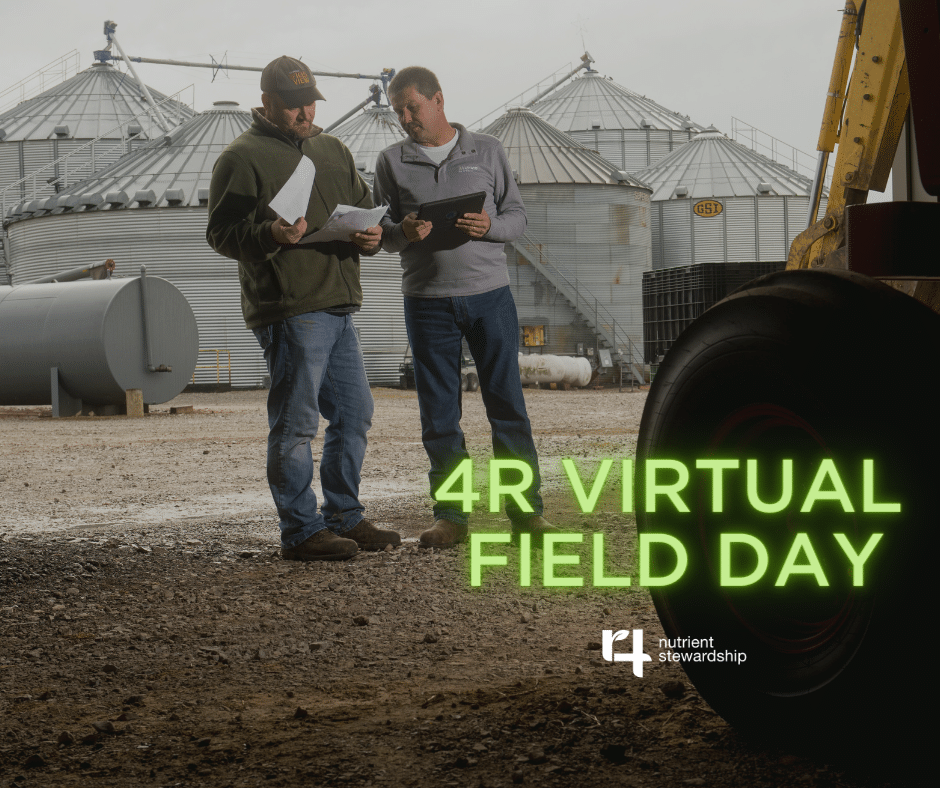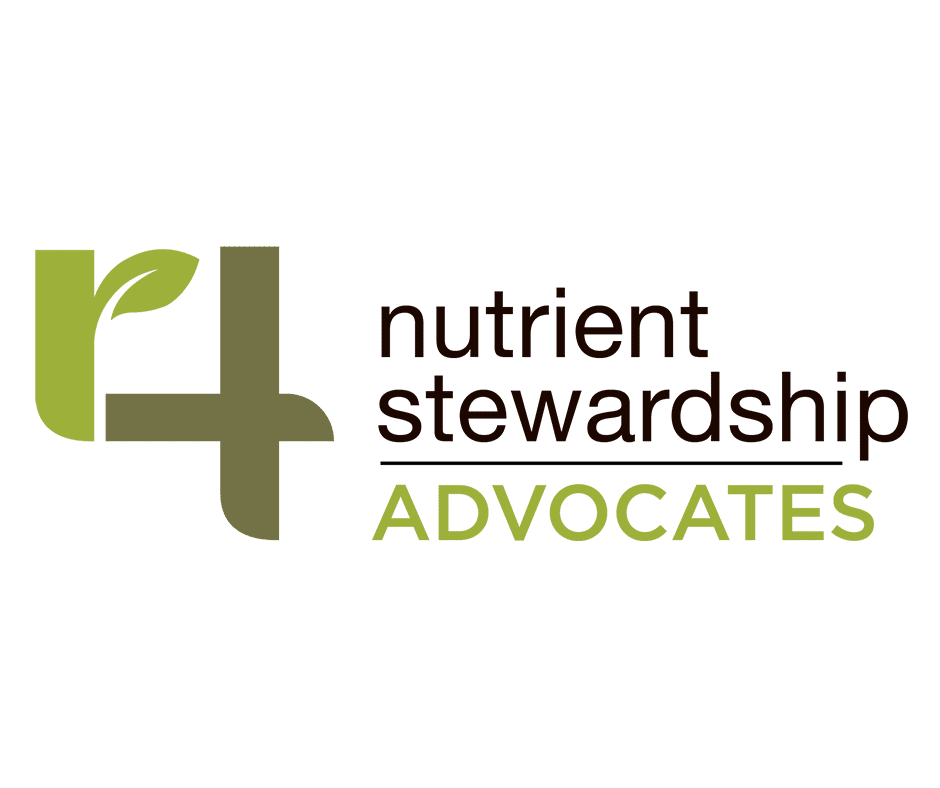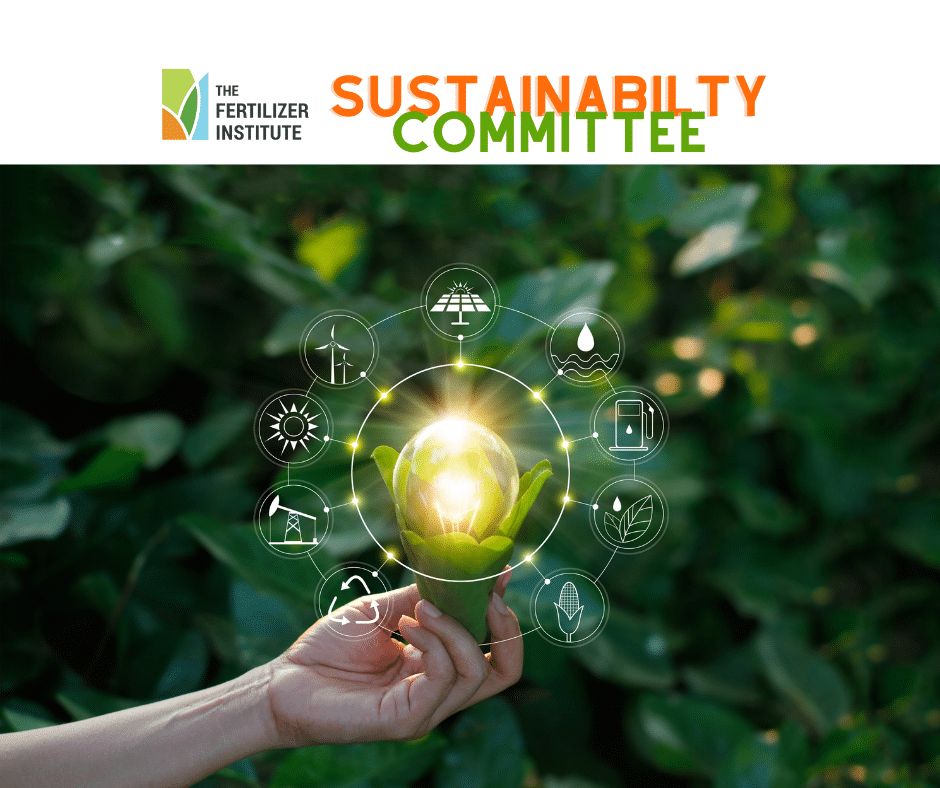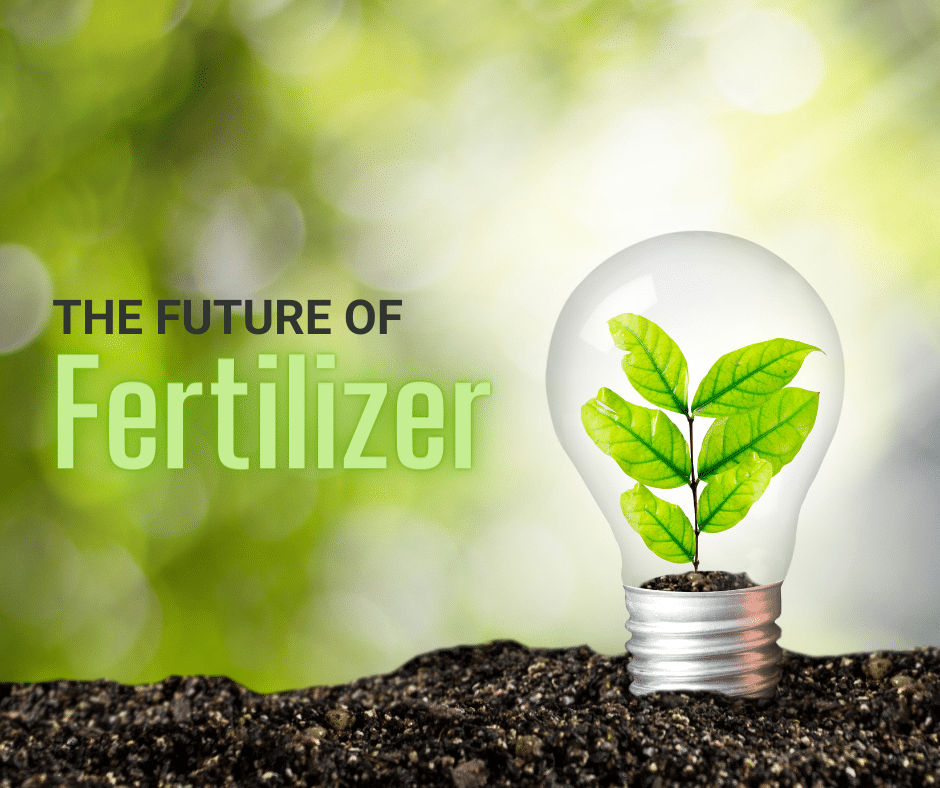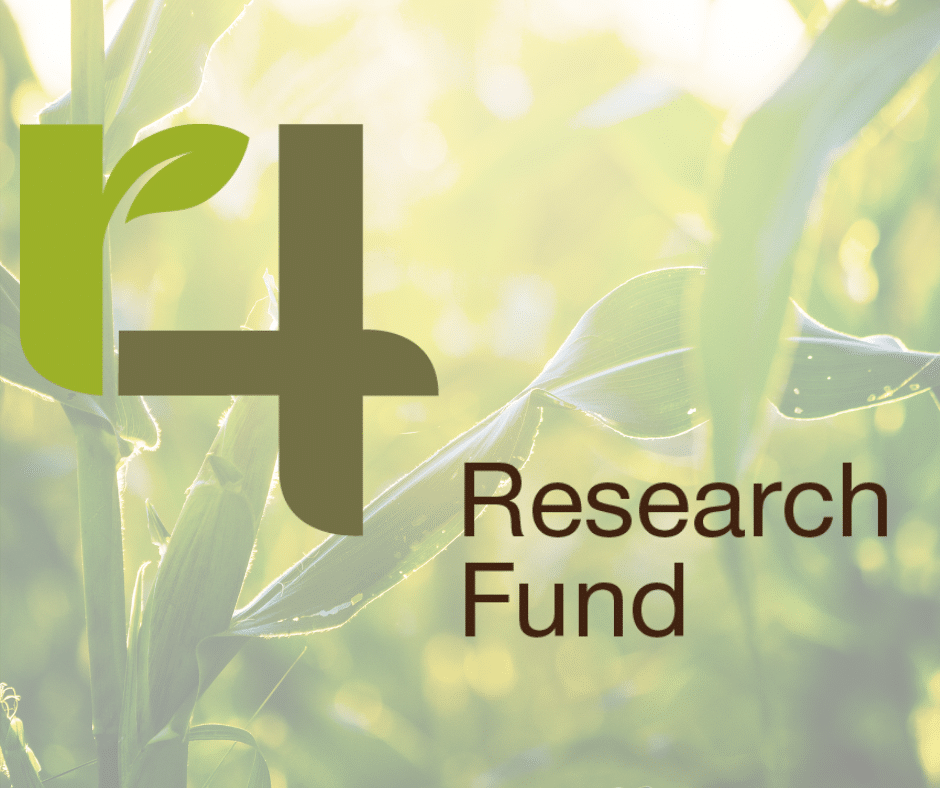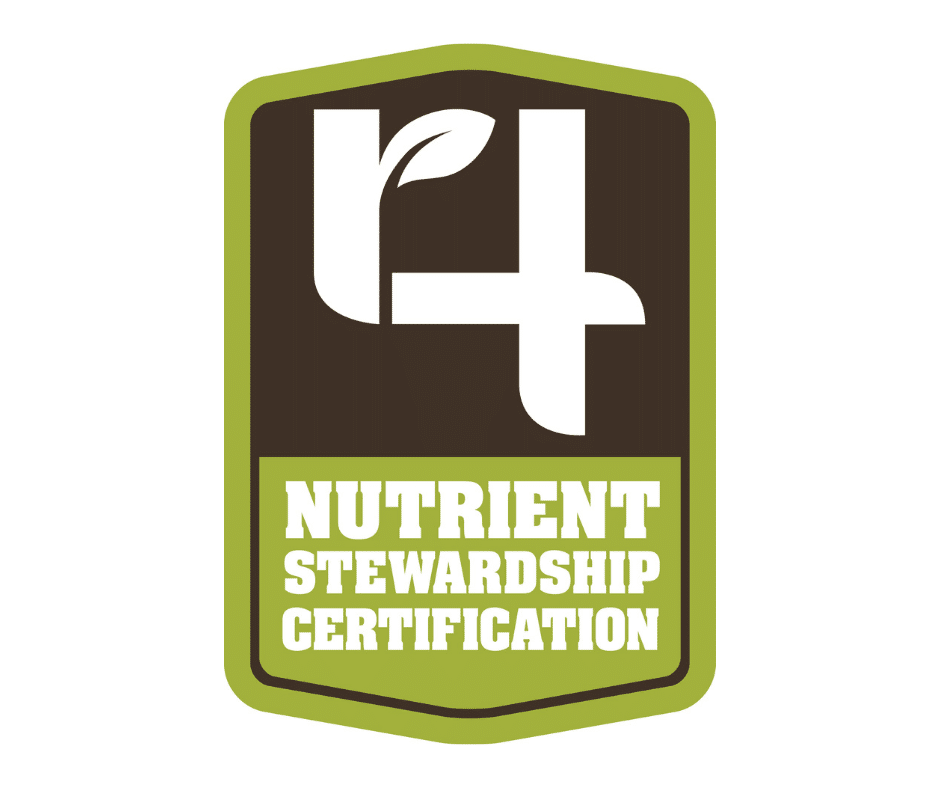Updates to Nutrient Use and Soil Test Summary Tools Help the Fertilizer Industry Better Understand Crop Nutrition Across the United States
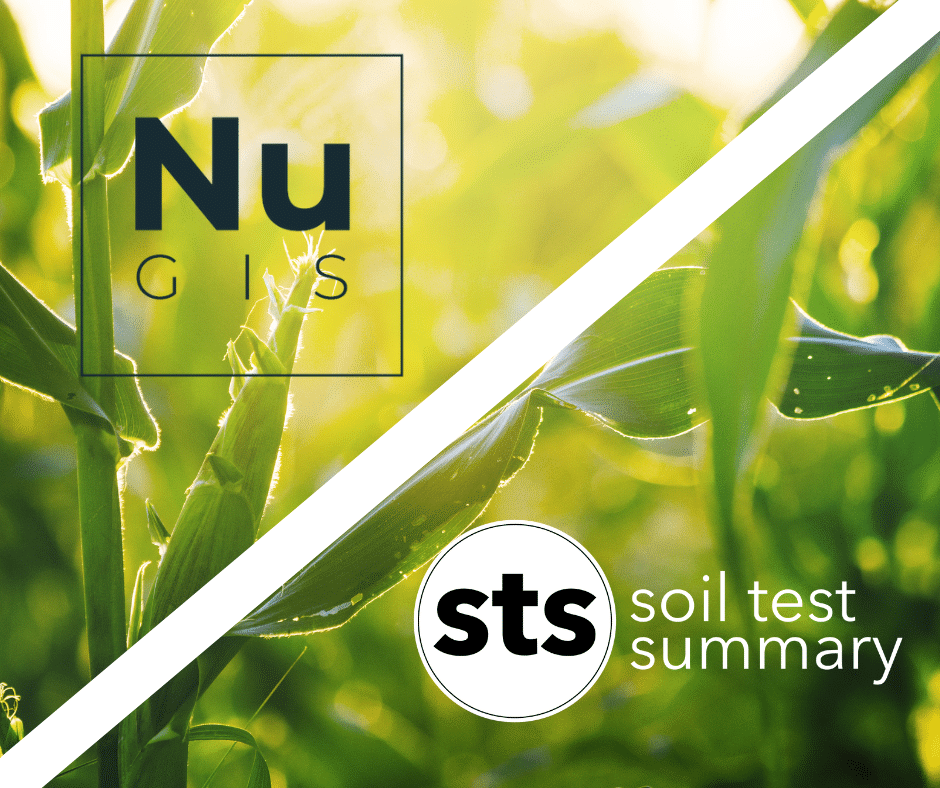
WASHINGTON, April 14, 2021 – The Fertilizer Institute (TFI) today announced two new updates to crop nutrient use tools that provide the fertilizer industry and agronomic professionals with scientifically-backed data to better track nutrient use and nutrient balances across the United States.
“The fertilizer industry relies on accurate data to make strategic business decisions,” said Corey Rosenbusch, TFI President and CEO. “Using data from the NuGIS and Soil Test Summary platforms, TFI is uniquely positioned to collaborate with partners and soil testing labs to aggregate and analyze this information for our members and stakeholders.”
Working together, the Nutrient Use Geographic Information System (NuGIS) and the Soil Test Summary are an index of performance, both agronomic and environmental, indicating how well a cropping system uses crop nutrients. The two platforms can help provide an estimate of nutrient deficiencies and nutrients susceptible to loss, providing the fertilizer industry, farmers, and scientific stakeholders with insight into improving nutrient use efficiency and nutrient balance.
NuGIS provides county- and watershed-level estimates of nutrients applied to the soil from fertilizer and livestock manure, and nutrients removed by harvested agricultural crops. Nutrient application data comes from fertilizer sales data collected by the American Association of Plant Food Control Officials (AAPFCO) and USDA livestock sales, which are used to estimate manure application. Nutrient removal data is calculated using USDA annual yield data.
NuGIS is a unique data set showing nutrient use efficiency and the nitrogen, phosphorus, and potassium balance in cropland across the nation. The tool’s maps and charts show distribution of nutrient concentrations, allowing for the determination of where nutrients are either being mined or building up in agricultural production fields.
The Soil Test Summary is an interactive tool for displaying aggregate soil nutrient levels from public and private soil test labs by state from June 2019 through July 2020.
Both NuGIS the Soil Test Summary are collaborations between TFI, the Foundation for Agronomic Research, and Plant Nutrition Canada. These two tools are part of a broader collection of agronomic materials made available to the fertilizer industry and the agronomic community by TFI. Additional resources include the Soil Fertility Manual, the 4R Plant Nutrition Manual, and the InfoAg Conference.
TFI is the leading voice of the nation’s fertilizer industry. Tracing its roots back to 1883, TFI’s membership includes fertilizer producers, wholesalers, retailers, and trading firms. TFI’s full-time staff, based in Washington, D.C., serves its members through legislative, educational, technical, economic information and public communication programs. Find more information about TFI online at TFI.org. Learn more about TFI’s nutrient stewardship initiatives at nutrientstewardship.org.
#
